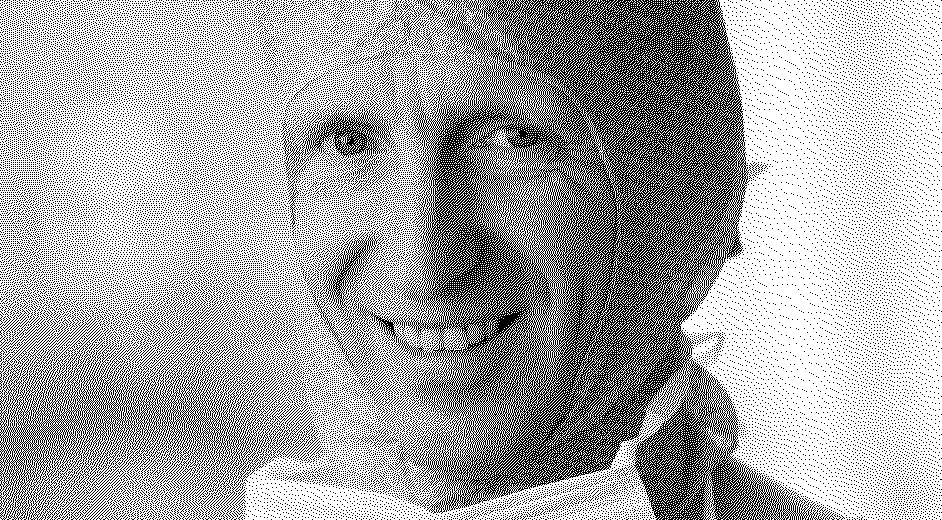
What is pancreatic cancer and what are its symptoms ?
Pancreatic cancer is one of the leading cancer diseases worldwide and its incidence is increasing.It derives from cells within the pancreas that are called duct cells.
These form the inner lining of the small and larger ducts that transport the digestive enzyme juice produced within the pancreas to the duodenum and small bowel.
There are many different kinds of pancreatic cancer with different prognoses, some good but some very bad.
Mostly the diagnosis is made late, but symptoms can be upper abdominal pain, sometimes radiating to the back, and yellowish colouring in the eyes and skin.
Sometimes pain becomes exacerbated after eating. Weight loss can also occur.
Once a patient has received a diagnosis of pancreatic cancer, is there any hope ?
Yes, if the diagnosis is made, the body should be screened immediately for possible metastases, for example in the liver or the abdomen.If they are not present, an operation should be planned without delay at an expert institution that has a long record of experience in treating this disease.
This is important, because complications can occur post-operatively and they are much less frequent in hospitals where many patients with that disease are treated.
Even if metastases are found, this does not mean that successful treatment is not possible.
For example, in neuroendocrine pancreatic cancer, there is still hope for cure if these metastases can be removed.
Which kind of operation is necessary and what is the expected quality of life after this procedure ?
Usually, these tumors develop in the head of the pancreas, but also in the body or tail.Depending on the location and extent of infiltration in other organs (or not), the affected part of the pancreas needs to be removed.
Mostly, the pancreatic head, including the gallbladder and duodenum, and the lymph nodes around the pancreas are removed.
After that, the small bowel is connected to the rest of the pancreas and the bile duct (which comes from the liver and runs through the pancreatic head).
The hospital stay is around 2 weeks and the operation can be carried out safely in most cases.
Is there any after treatment that helps to protect the cancer from recurring?
Yes, after a successful operation it has been demonstrated that so-called "adjuvant chemotherapy" starting about 4-6 weeks after the procedure can eliminate residual hidden cancer cells, if they are present, in many cases.
In other words more patients survive 5 years or more if this treatment is given, compared to patients that did not receive this additional treatment.
It has less side effects than most other chemotherapies for other cancer (for example no hair loss).





